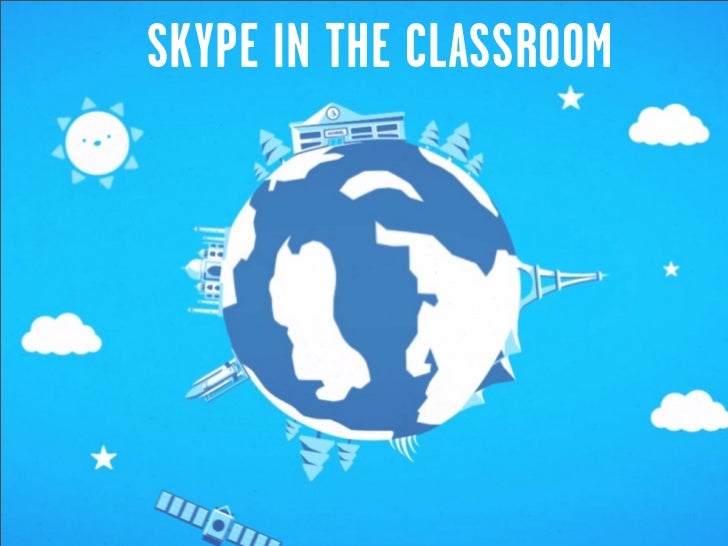
One of my focuses this year has been on helping the learners to experience a variety of cultures and early on in this academic year I spoke to my headteacher about a plan for a European Christmas Market.
Using both the etwinning website and Skype in the Classroom I managed to find 6 schools interested in Skyping with my class to talk about Christmas. The idea being to allow learners to research items for their Christmas market by talking to children from that country.
The Skype conversations have been fantastic experiences especially singing with other schools from around Europe. However it did take a lot of work to organise and hopefully I can re use the links i have forged in this project in future projects.
I did find that my learners were not really able to use the schools as a form of research in unstructured conversation due to the language barrier. If i was to plan the conversations again I would perhaps focus more on more of a show and tell rather than just a tell. Seeing items and pictures brought in and completed by learners throughout Europe was interesting and avoided difficulties in translation.


